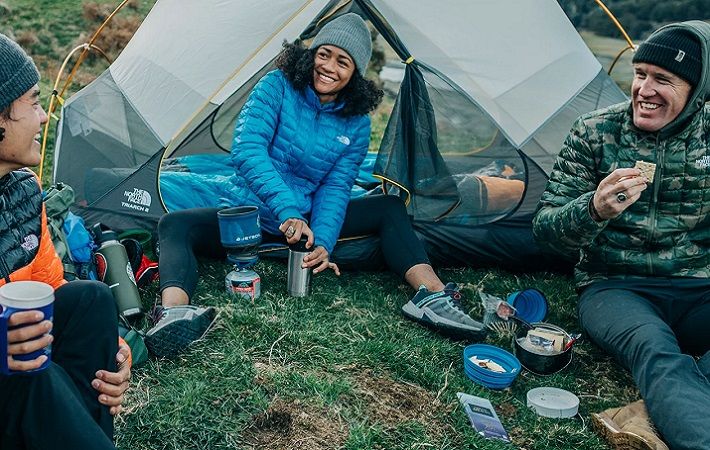
Adidas, Allbirds and Hydro Flask took the fourth, fifth and sixth position on the index, respectively, followed by a four-way tie for the seventh position between Puma, Rothy’s, Yeti and Columbia, Stifle said in a press release.
Newer brands like Bombas, Allbirds, Rothy’s and Yeti that have staked their brand identity on matters of corporate responsibility and environmental sustainability scored exceptionally well in the Index, indicating effective messaging with the category purchasers in the US.
The Index has also highlighted the evolved sustainability practices and effective communication of leading outdoor brands like Patagonia, The North Face and Columbia as well as European athletic lifestyle brands like Adidas and Puma that have advanced sustainability initiatives.
Stifel, with the help of Morning Consult, surveyed 4,756 US active/casual lifestyle brand consumers aged 18-55 and found that 83 per cent believe it is important for brands to act sustainably. Close to 71 per cent report caring more now about buying sustainable products than a year ago, and 58 per cent intend to buy fewer products for the sake of sustainability.
Nearly three-quarters (73 per cent) of those surveyed consider sustainability factors when choosing between brands, 67 per cent are willing to pay more for brands with leading sustainability practices, and 52 per cent regularly opt for more expensive products because they are more sustainable, the release said.
Some of the top sustainability priorities respondents consider ‘very important’ include giving workers fair pay and benefits (60 per cent), supporting racial equality (48 per cent), and protecting local environments and ecosystems (43 per cent).
Nearly half (46 per cent) have either boycotted or stopped buying a brand or product specifically because of sustainability concerns.
The survey also questioned 5,259 additional active/causal lifestyle brand consumers across the UK, Germany, France, Italy and China. Across all markets, an overwhelming majority of category purchasers said they are trying to be more sustainable and agree that sustainability’s influence on their purchasing decisions has increased in the last year.
The survey found that Italy had the highest percentage of category purchasers respond that overall sustainability matters were ‘very important’ to them. US consumers are more likely than those in China, but less likely in those surveyed European markets, to consider sustainability as a top purchasing priority when shopping active/casual lifestyle brands. German category purchasers showed the greatest willingness to pay a premium for leading sustainability practices, with 76 per cent indicating comfort with higher product prices.
In all countries surveyed, most respondents try to learn about a brand’s sustainability practices before buying and admit to purchasing a new product specifically because of sustainability practices.
Fibre2Fashion News Desk (KD)